Weddings are not just events; they are beautiful moments filled with love, joy, and cherished memories. While photographs capture still images of these moments, cinematography elevates wedding memories to a whole new level. Through the art of cinematography, weddings can be immortalized in stunning films that evoke emotions, tell stories, and preserve memories for a lifetime. In this comprehensive guide to Cinematography weddings, we’ll explore the significance of wedding films, the techniques used by cinematographers, and how to choose the right professional to capture your special day.
Understanding the Significance of Wedding Films
Wedding films hold a special place in the hearts of couples and their families. They serve as timeless mementoes of one of life’s most significant moments, allowing couples to relive the magic of their wedding day again and again. Unlike photographs, which freeze moments in time, wedding films capture the full spectrum of emotions, from the nervous excitement of getting ready to the tearful joy of exchanging vows and the exuberant celebrations that follow. They provide a comprehensive and immersive record of the day, preserving not only what happened but also how it felt.
Techniques Used by Cinematographers
- Storytelling: At the heart of wedding cinematography is storytelling. Skilled cinematographers weave together a narrative that unfolds naturally, capturing the essence of the day and the unique love story of the couple. Through careful selection of shots, music, and pacing, they create a compelling narrative that engages viewers and evokes genuine emotions.
- Cinematic Shots: Cinematographers use a variety of cinematic techniques to capture the beauty and significance of weddings. From sweeping aerial shots to intimate close-ups, each shot is carefully composed to convey the mood and atmosphere of the moment. Creative use of lighting, framing, and camera movement adds depth and visual interest to the footage, elevating it from mere documentation to cinematic artistry.
- Audio Recording: In addition to visual elements, audio recording plays a crucial role in wedding cinematography. Capturing the spoken vows, heartfelt speeches, and ambient sounds of the day adds depth and authenticity to the footage, allowing viewers to fully immerse themselves in the experience.
- Editing and Post-Production: The magic of wedding cinematography often lies in the editing and post-production process. Skilled editors meticulously piece together the footage, selecting the most poignant moments and seamlessly blending them into a cohesive narrative. Through colour grading, sound mixing, and visual effects, they enhance the overall look and feel of the film, creating a polished and professional final product.
Choosing the Right Cinematographer
- Experience and Portfolio: When selecting a cinematographer for your wedding, it’s essential to review their experience and portfolio. Look for professionals who have a proven track record of creating beautiful, cinematic wedding films that resonate with your style and aesthetic preferences.
- Communication and Collaboration: Effective communication and collaboration are key to ensuring that your vision is brought to life. Schedule meetings with potential cinematographers to discuss your expectations, preferences, and any specific requests you may have. A good cinematographer will listen attentively to your needs and offer creative ideas and suggestions to enhance your wedding film.
- Budget and Packages: Consider your budget when choosing a cinematographer and inquire about their pricing and package options. While quality cinematography is an investment, it’s essential to find a cinematographer whose services align with your budget and expectations.
- Reviews and Testimonials: Don’t forget to read reviews and testimonials from past clients to gauge the quality of a cinematographer’s work and their level of professionalism. Positive reviews and satisfied clients are a good indication of a cinematographer’s reliability and dedication to customer satisfaction.
Conclusion
In conclusion, Cinematography weddings plays a vital role in elevating wedding memories, transforming them into timeless films that capture the essence of the day in all its beauty and emotion. Through storytelling, cinematic techniques, and skilled editing, cinematographers create immersive and emotionally resonant wedding films that serve as cherished keepsakes for couples and their families. When choosing a cinematographer for your wedding, consider factors such as experience, communication, budget, and client testimonials to ensure that your vision is brought to life in a way that exceeds your expectations. With the artistry of cinematography, you can preserve the magic of your wedding day for generations to come.



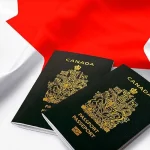
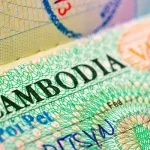






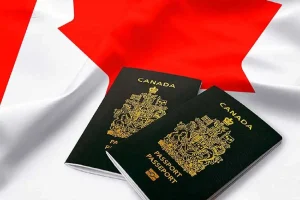
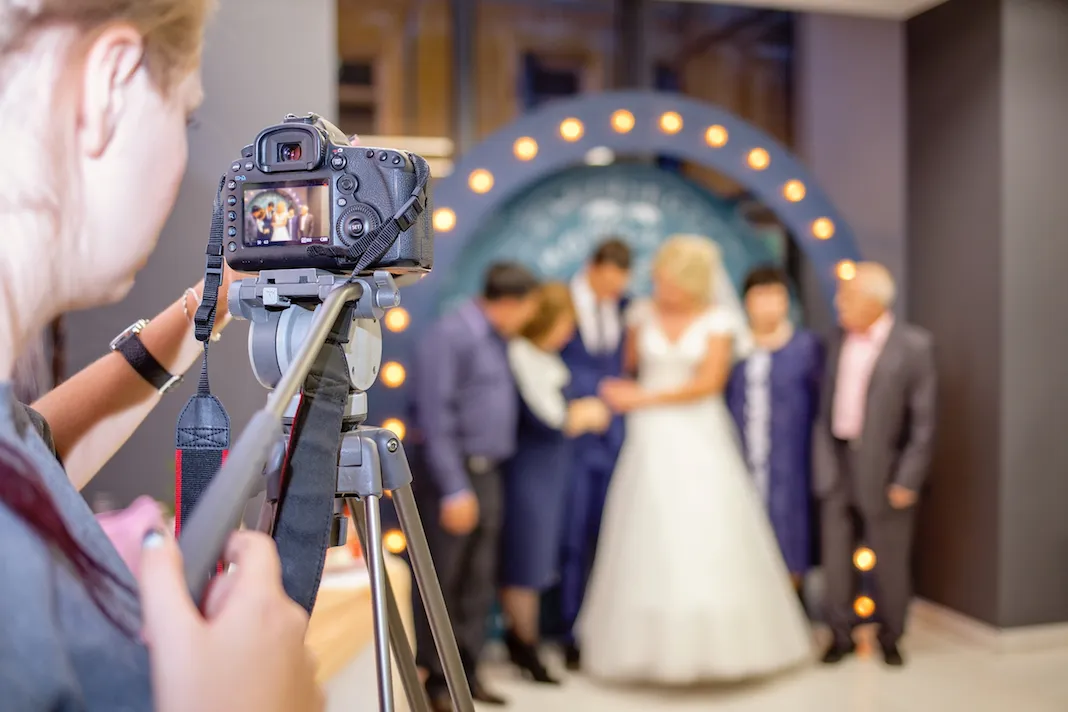

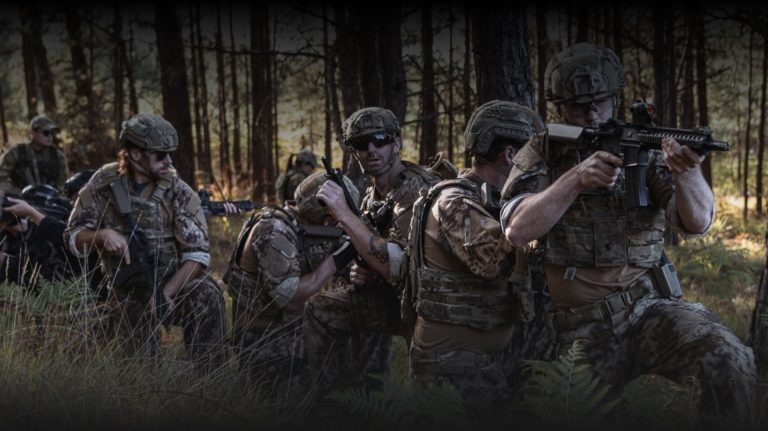






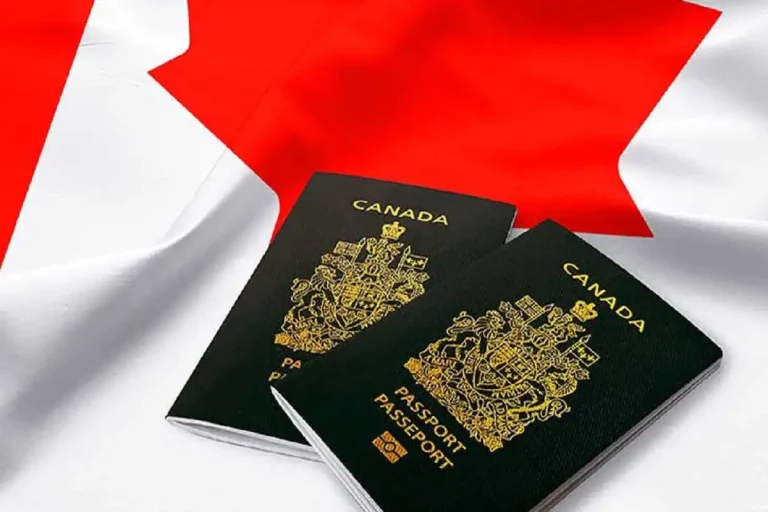
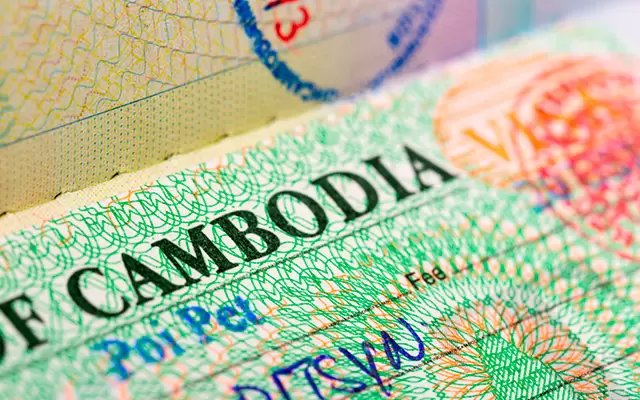


+ There are no comments
Add yours